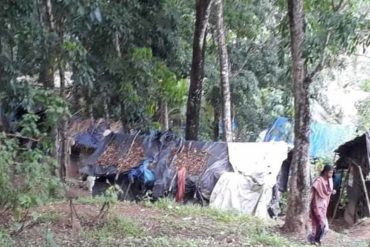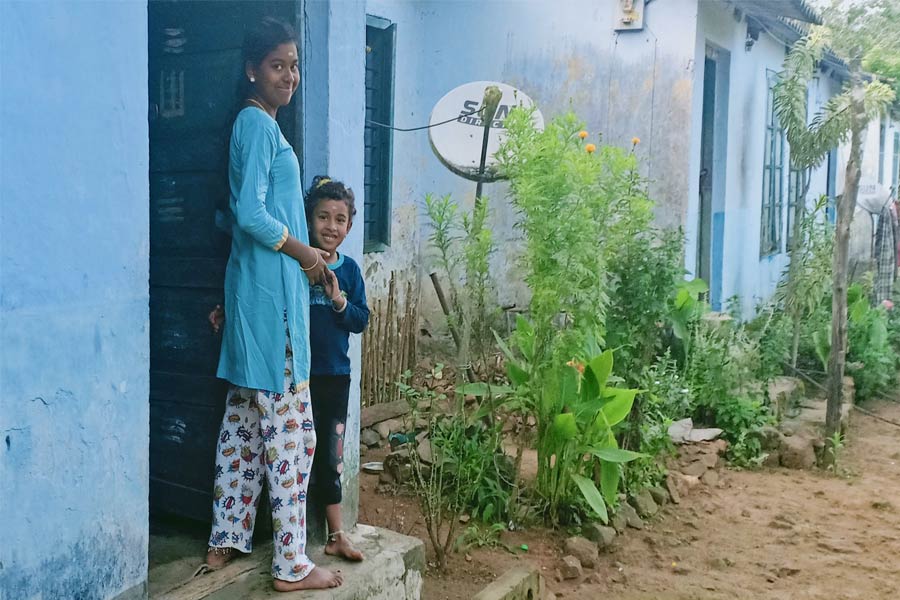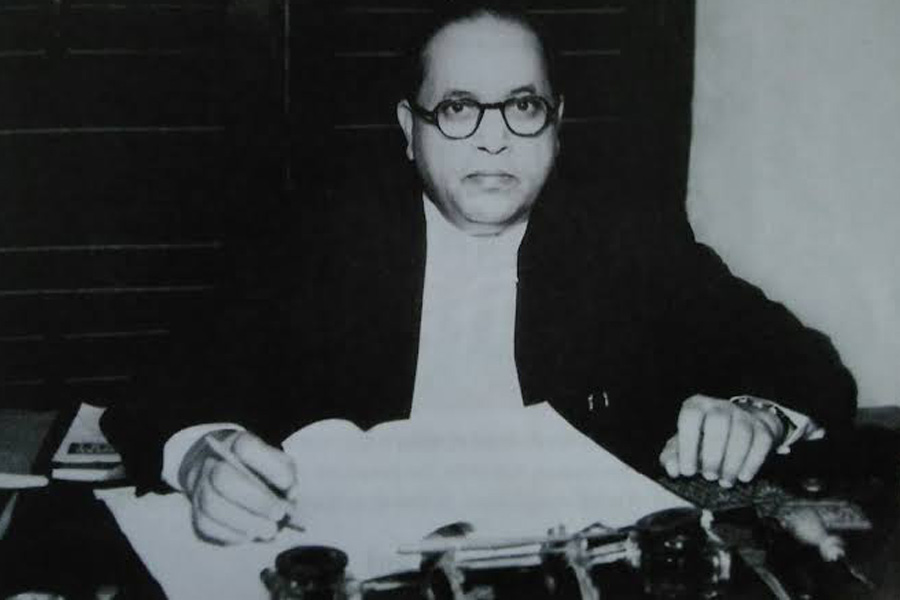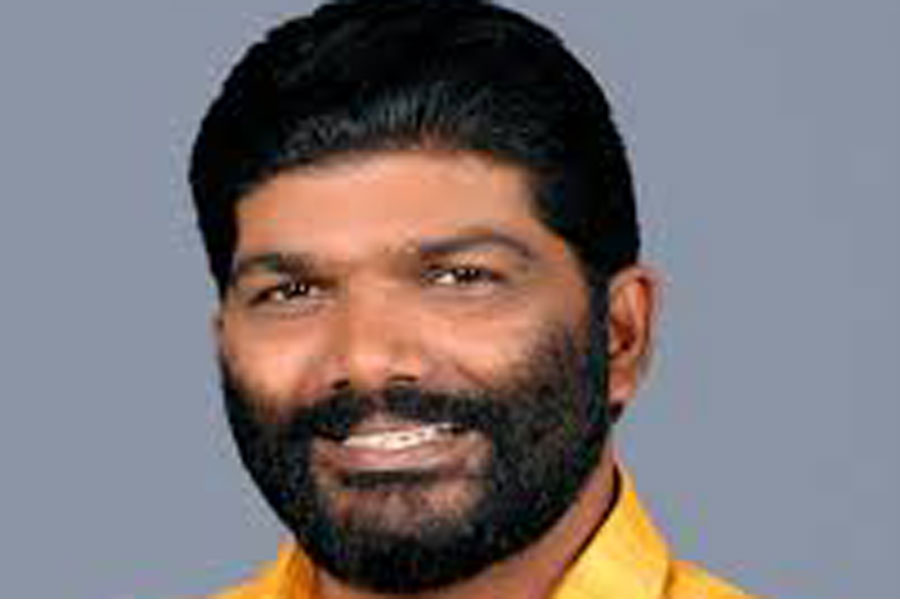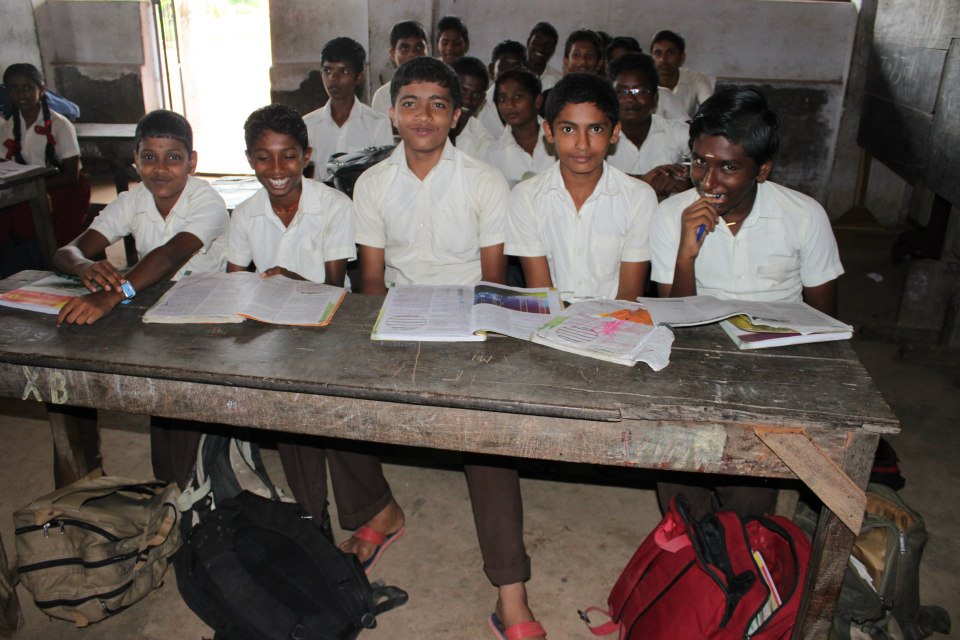It’s a lazy Saturday in Kottayam town. The pitter-patter of the rain and the gentle breeze makes it a perfect setting for an afternoon siesta. But sleep is the last thing on the minds of the twenty-odd government school teachers who are huddled together in a conference room in the Malayala Manorama building. Their trainer has given them a task in lesson planning, and together, they are on a mission to make their classrooms as engaging as possible.
“This is the fourth training programme these teachers are attending. They only have two free Saturdays a month. They have to attend a government training session on one Saturday, and while on the other, they choose to come here,” says Ashika Mathew, co-Founder of The Tiny Seed, a Kottayam-based non-profit organisation.
In 2013, Ashika and her sisters-in-law Malini Mathew Varughese and Mariam Mammen Mathew decided to put their resources and connections to good use and start this organisation to improve the quality of public education in schools in Kerala. Though it started by addressing infrastructural gaps in government schools, The Tiny Seed has evolved into a crowdfunding platform. The three of them are aiding the government in a sense, by taking on the works that don’t get funded.
The organisation works with eight schools in Kottayam district and focuses on three in particular. It raises funds through their online platform and uses this money to pay for infrastructure projects as well as specially-tailored programmes in these schools. Their ultimate aim is to ensure the holistic development of these schools and improve the enrollment rate.
This teacher training programme is one such initiative. The organisation has taken on a two-year project in partnership with Wipro and The Teacher Foundation, Bengaluru. The Rs.30-lakh project is focused on bringing out the best in teachers. “It is important that the organisations we work with share the same vision as us. The Teacher Foundation is perfect as they too focus on the transformation of the entire school. Every year, we have 12 training sessions for the teachers as well as separate sessions for the heads of institutions,” says Ashika.
Once the teachers are done with their lesson plan, they are eager to present their ideas. Sojo Varghese, the trainer from the Teacher Foundation, encourages them to express themselves and patiently listens as the teachers list out their ideas. The session for the day revolves around effectively using textbooks and ends with most of the teachers arriving at the conclusion that they need not solely rely on textbooks and can use other activities to make the class more interesting.
After a day, Sojo will visit the schools and sit in on the classes. He hopes to observe the math teacher explain the concept of fractions using the examples they discusses in the workshop. At the end of the class, he provides feedback. He will also use pointers from this class and incorporate it in the next training session.
“We haven’t done an assessment as yet. But the change I have seen personally after the last four workshops is that there is improvement in terms of teacher engagement. Initially, they weren’t forthcoming, but now they tell me what they expect from the workshop or what they want to see. I feel that things are falling in place,” says Sojo.
Another programme by The Tiny Seed that has done wonders for the schools is ‘Feed our Minds’. The midday meal scheme offered by the Kerala government is often the first meal of the day for many students. Through ‘Feed our Minds’, the organisation provides breakfast for students or supplements.
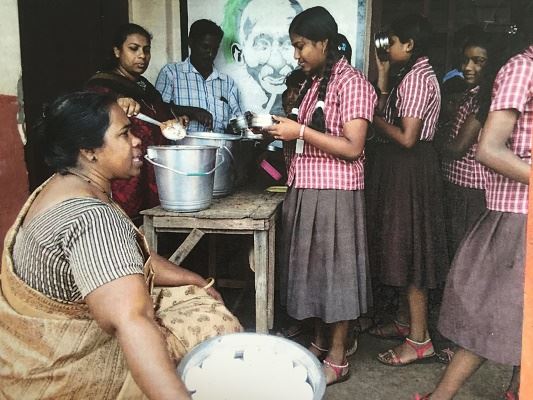
“The organisation gives breakfast every day for all students up to class 10. For higher secondary students, we give a boiled egg every alternate day. This has made a big difference to the attitude of the students. The Tiny Seed has an important role to play in the good academic performance by our students this year. We received full A+ for the first time this year,” says Sibichen Kuriakose, Head Master, PTM Government High School, Velloor.
Malini feels the organisation has been lucky in finding donors who are willing to sponsor this scheme, not just for a few months but for the entire year. The co-founders firmly believe that ‘Feed our Minds’ allows them to invest not only in education, but in the personal growth of the students.
One of the first things the Tiny Seed has done in terms of infrastructure is tackling the problem of lack of drinking water. The organisation has managed to establish water purifiers in schools. It has also constructed water tanks and set up motor pumps in a few. The lower primary school building it is constructing for Kanam Government School is an on-going project. The organisation also recently finished constructing a toilet for boys. It has completed 64 such projects till date.
If the project requirement is huge and it can’t manage the funds, then The Tiny Seed connects the school to bigger organisations that can help with it. “We have been lucky to have supportive heads of institutions. It’s really their determination that makes things happen. They do all the running around in terms of finding contractors and getting the work done. It is only after that that we release funds,” Ashika says.
The work the organisation has put in seems to have paid off. This year the Government Higher Secondary School in Kumarakom has seen four new enrolments and the PTM Government High School has 25 new students. Marks have gone up and there has been a change in teacher attitudes. This year, the organisation aims to have more student and community-driven projects. It wants to inculcate a sense of responsibility in the students by starting small activity cells and having environment clubs and the like.
The incentives given to students, especially in way of scholarships for the meritorious among them, have motivated the students to pay attention in class.
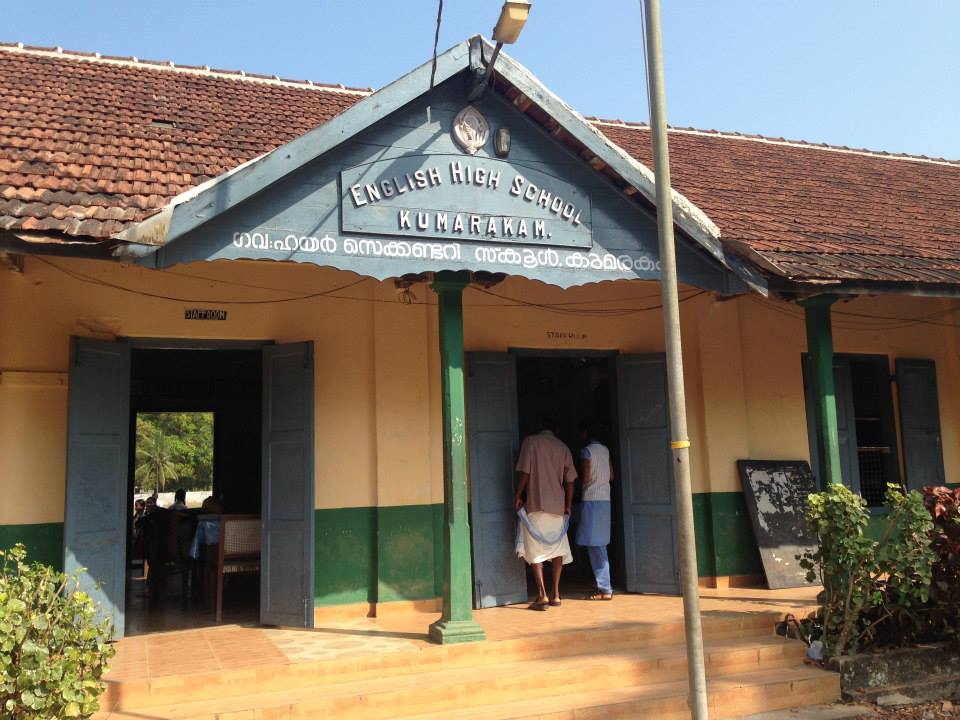
Preetha G. Nair, English teacher at the Government Higher Secondary School in Kumarakom says, “Many of the children who attend this school have difficult family situations. They probably have never been made to understand the importance of getting a good education. They are interested in activities outside the class. Especially here in Kumarakom, the students love to swim and display their prowess when it comes to the sport. In such situations, it has been difficult retaining their attention in class. But over the last year, the training programmes have helped. My classes have become livelier and the students enjoy sitting in class and are no longer distracted. This is highly rewarding for me.”
To ensure transparency, the organisation takes up periodic visits to the schools and takes note of the progress. Along with donation receipts, it also sends project updates to donors. This sort of systematic dedication from stakeholders involved is probably what keeps The Tiny Seed going.
All photographs courtesy The Tiny Seed.


